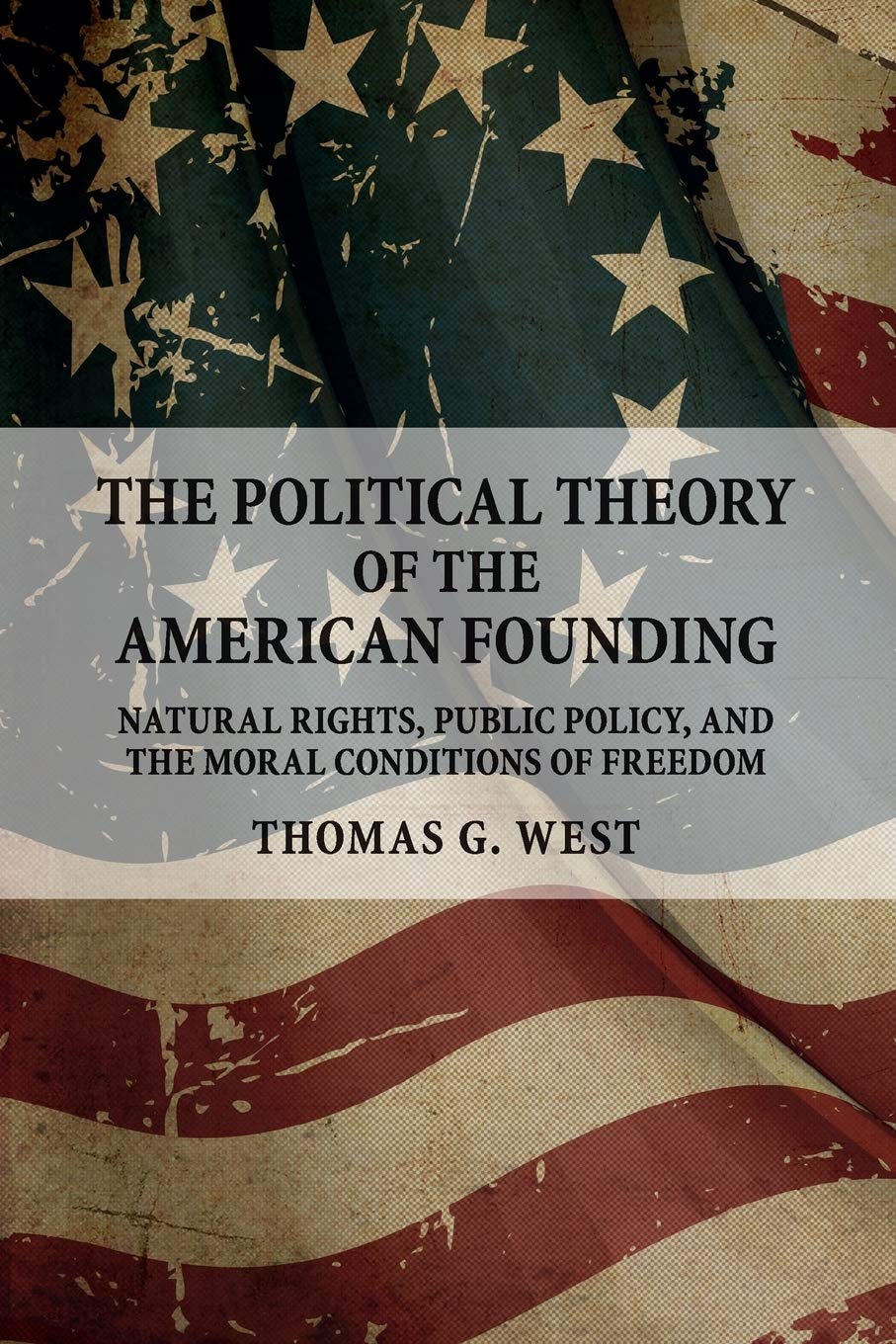Family and the Founding
- Post by: Allan C. Carlson
- December 7, 2017
The Political Theory of the American Founding Natural Rights, Public Policy, and the Moral Conditions of Freedom Thomas G. WestCambridge University Press, 2017; 428 pages, £26.99 I begin with praise for Professor West’s treatment of family questions in his book, The Political Theory of the American Founding. As he notes, there is a curious gap in the considerable scholarship on the Founders’ political thinking: almost no attention given to the important topics of sex and marriage. His chapter on these matters is an impressive corrective. Second, he also reports that he has “seen little evidence that [John] Locke’s understanding of the family influenced the founders.” With an exception to which I will shortly turn, I think this is correct. While Lockean liberalism certainly animated debates over the emerging shape of the confederated or federal government of the new United States, none of the Founders held that matters of family life, domestic living, and sex should be within the central government’s competence. Their clear, albeit mostly implied, consensus was that such deeply important matters should be left exclusively to state and local polities. Partly for this reason, I suspect, Professor West gives proper and useful attention to state constitutions and state laws on these questions. Finally, I think he is correct in arguing that the young American republic, from roughly 1800 to the mid-19th century, informally adopted a “Don’t Ask, Don’t Tell” policy regarding sexual misconduct such as sodomy and fornication. The state laws against such actions were strict, yet rarely enforced if the behavior at issue remained discrete. This contrasted with a more vigorous approach to moral policing during the whole of the Colonial era and again during the nearly 100 years running from the late 1860s until the early 1960s. All the same, I also need to register several criticisms or dissents from his arguments. To begin with, I r
Categories:

